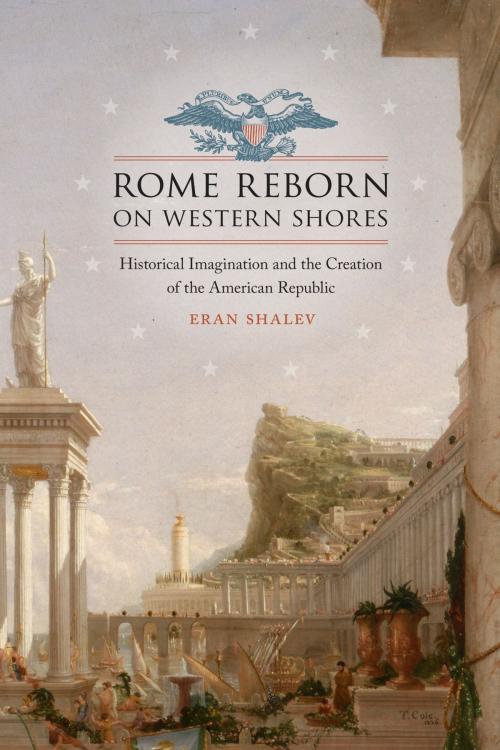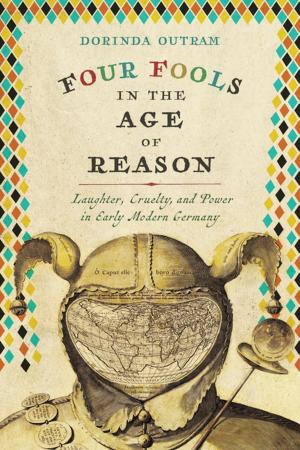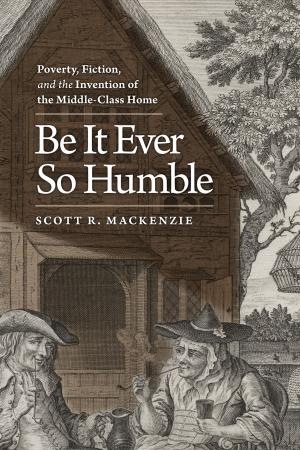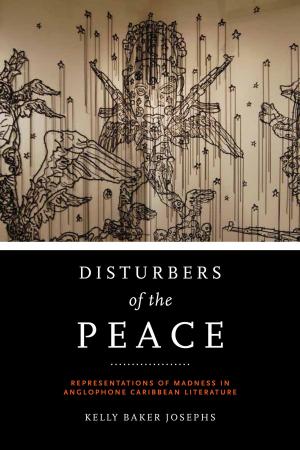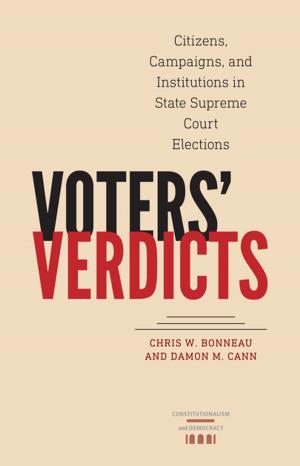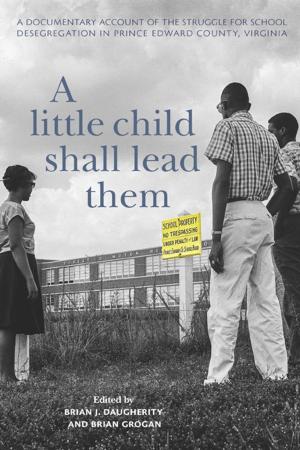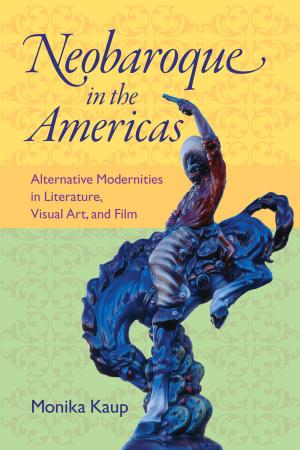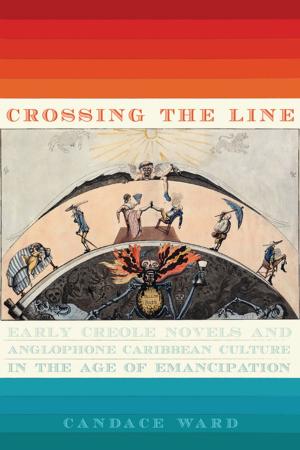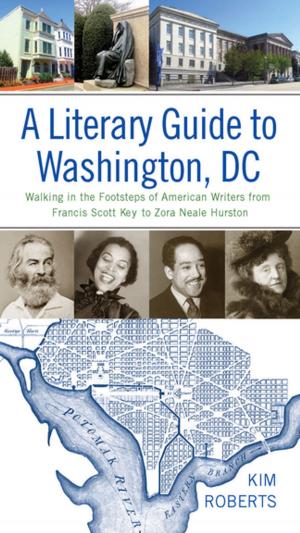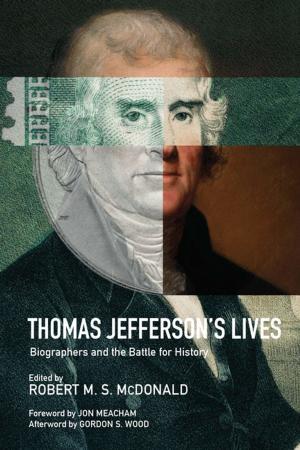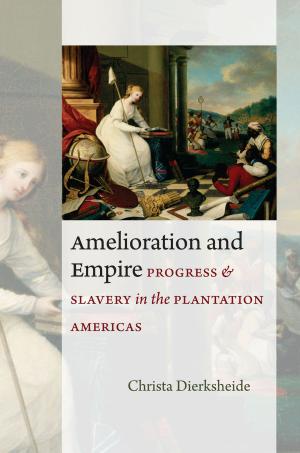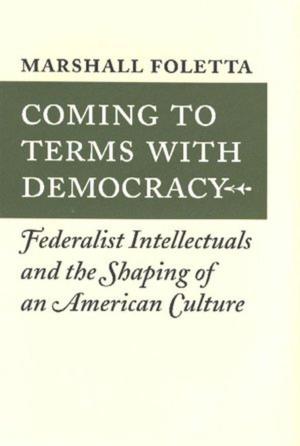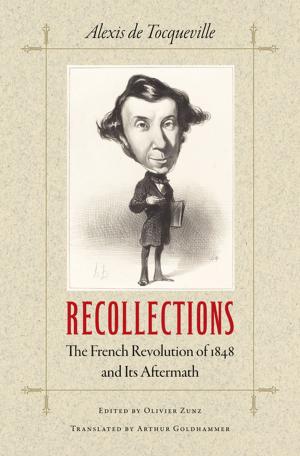Rome Reborn on Western Shores
Historical Imagination and the Creation of the American Republic
Nonfiction, History, Americas, United States, Revolutionary Period (1775-1800)| Author: | Eran Shalev | ISBN: | 9780813928395 |
| Publisher: | University of Virginia Press | Publication: | October 13, 2009 |
| Imprint: | University of Virginia Press | Language: | English |
| Author: | Eran Shalev |
| ISBN: | 9780813928395 |
| Publisher: | University of Virginia Press |
| Publication: | October 13, 2009 |
| Imprint: | University of Virginia Press |
| Language: | English |
Rome Reborn on Western Shores examines the literature of the Revolutionary era to explore the ways in which American patriots employed the classics and to assess antiquity's importance to the early political culture of the United States. Where other writers have concentrated on political theory and ideology, Shalev demonstrates that classical discourse constituted a distinct mode of historical thought during the era, tracing the role of the classics from roughly 1760 to 1800 and beyond. His analysis shows how the classics provided a critical perspective on the management of the British Empire, a common fund of legitimizing images and organizing assumptions during the revolutionary conflict, a medium for political discourse in the process of state construction between 1776 and 1787, and a usable past once the Revolution was over. Rome Reborn examines the extent to which classical antiquity, especially Rome, molded understandings of history, politics, and time, even as the experience of the Revolution reshaped patriots' understanding of the classics. The book studies the historical sensibilities that enabled revolutionaries to imagine themselves continuing a historical process that originated with classical Greece and Rome. In particular, their attitudes toward, and understandings of, time provided revolutionaries with a distinct historical consciousness that connected the classical past to the revolutionary present and shaped their expectations about America's future.
Rome Reborn on Western Shores examines the literature of the Revolutionary era to explore the ways in which American patriots employed the classics and to assess antiquity's importance to the early political culture of the United States. Where other writers have concentrated on political theory and ideology, Shalev demonstrates that classical discourse constituted a distinct mode of historical thought during the era, tracing the role of the classics from roughly 1760 to 1800 and beyond. His analysis shows how the classics provided a critical perspective on the management of the British Empire, a common fund of legitimizing images and organizing assumptions during the revolutionary conflict, a medium for political discourse in the process of state construction between 1776 and 1787, and a usable past once the Revolution was over. Rome Reborn examines the extent to which classical antiquity, especially Rome, molded understandings of history, politics, and time, even as the experience of the Revolution reshaped patriots' understanding of the classics. The book studies the historical sensibilities that enabled revolutionaries to imagine themselves continuing a historical process that originated with classical Greece and Rome. In particular, their attitudes toward, and understandings of, time provided revolutionaries with a distinct historical consciousness that connected the classical past to the revolutionary present and shaped their expectations about America's future.
